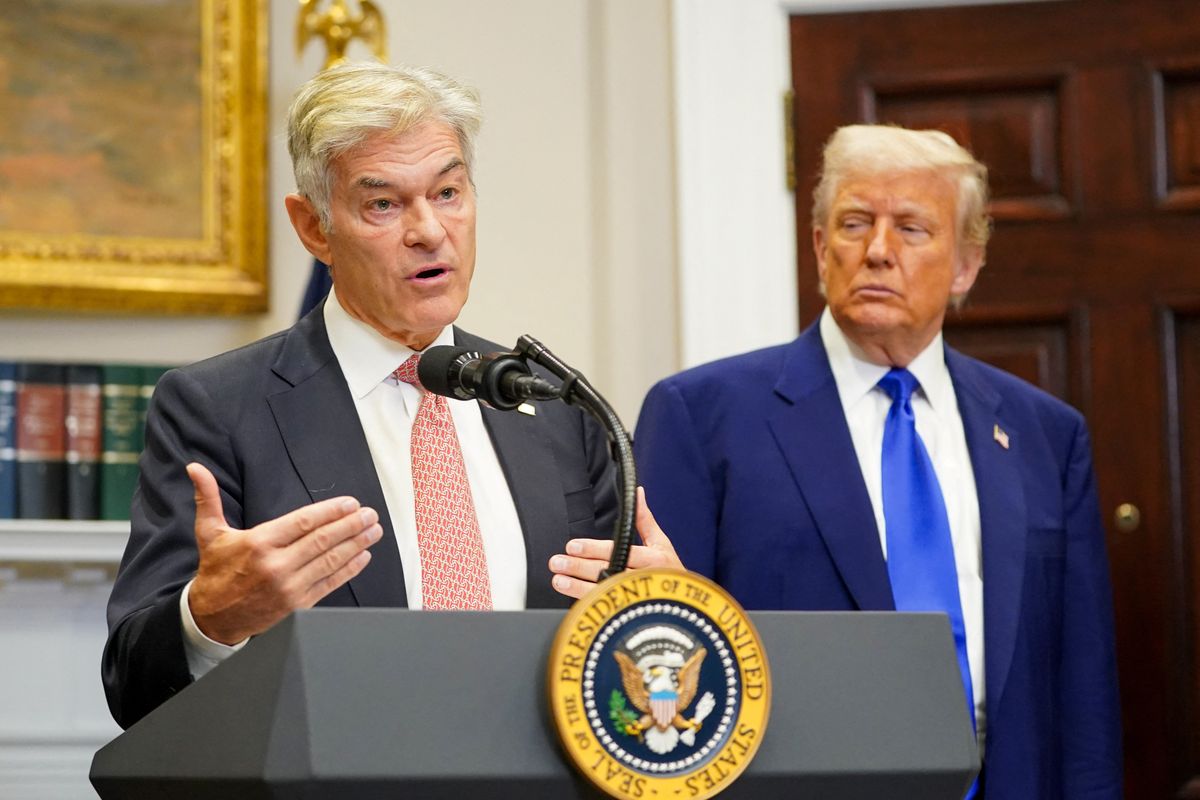
A key part of President Donald Trump's tax cut megabill was a highly-touted $50 billion bailout fund for rural hospitals, considered an olive branch to get reluctant GOP lawmakers on board with the provisions that endanger those hospitals by cutting $1 trillion from Medicaid.
But a conservative newspaper is now raising red flags about the lack of oversight on how that bailout money will be spent.
According to the Washington Examiner, "The wide latitude given to [Administrator for the Centers for Medicare and Medicaid Services Mehmet] Oz and state health leaders" to dispense money from the Rural Hospital Transformation Fund "has left stakeholders scrambling to guess what the future will hold until the agency announces its plans for the fund."
In fact, according to Chris Pope of the right-wing Manhattan Institute, “If you look carefully at how this is done, written, it doesn’t actually specify the money has to go to hospitals."
In other words, Pope said, it could function more like a "slush fund" to be spent on whatever the celebrity TV doctor and state policymakers want, rather than being designated for struggling rural hospitals.
Throughout the negotiation of the controversial bill, which imposes draconian new "work requirements" that could disenroll millions of Medicaid recipients through bureaucratic confusion, as well as hundreds of billions of dollars in new restrictions on how states can get federally matched funds through provider taxes, hospital executives sounded the alarm that the changes would especially devastate hospitals in remote and underserved communities, that rely on Medicaid to balance their books.
Indeed, noted the Examiner, around 44 percent of the country's 1,700 rural hospitals operated at a loss in 2023, even with Medicaid at its current levels — particularly those that don't operate within a larger hospital network. This raises the risk many could close and leave people in some parts of the country with their nearest option for treatment hundreds of miles away.
Even some Republican senators who voted for the bill have expressed fears about this, with Sen. Josh Hawley (R-MO) introducing legislation to effectively repeal several of the Medicaid cuts he just voted to enact.




